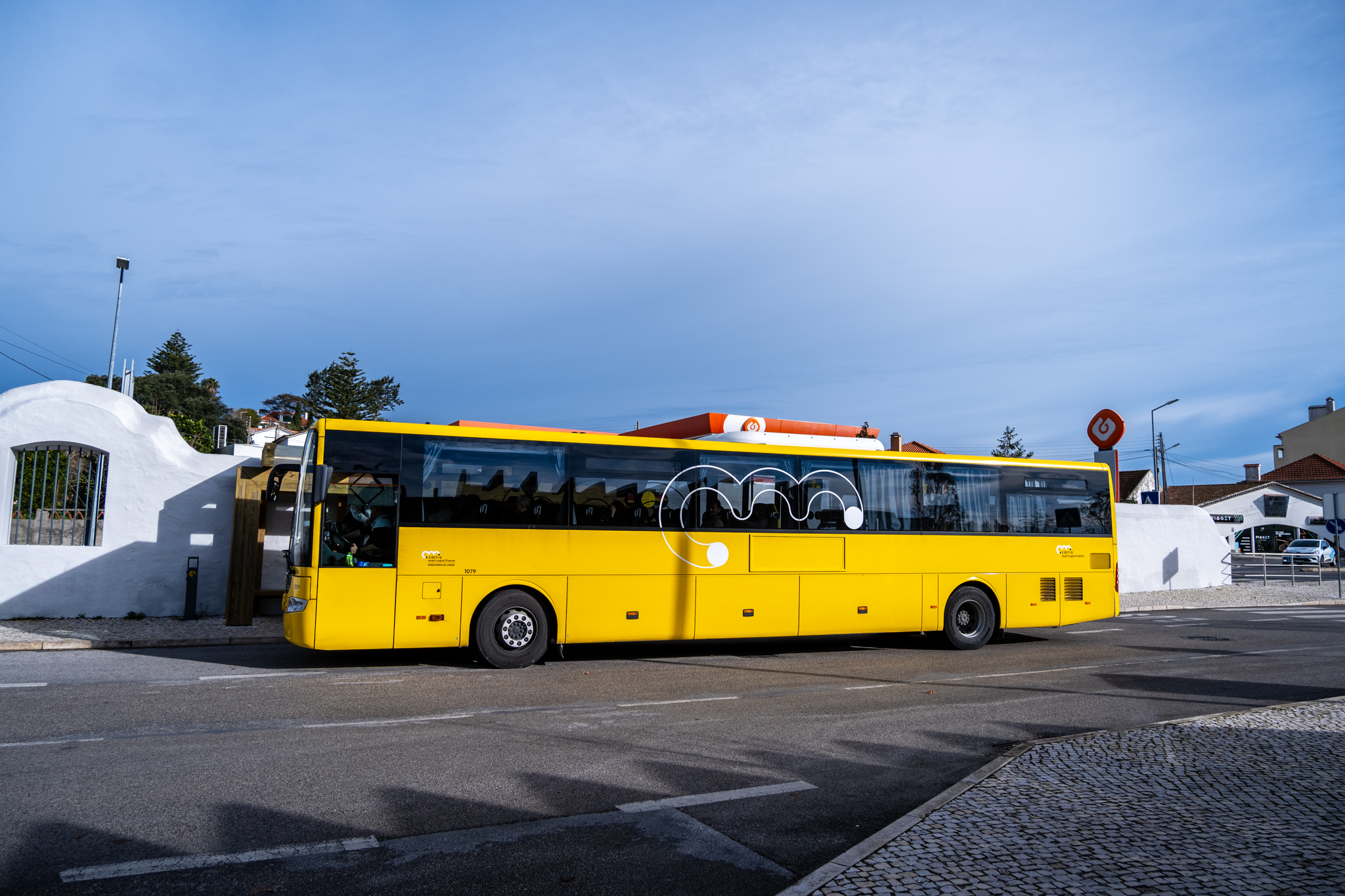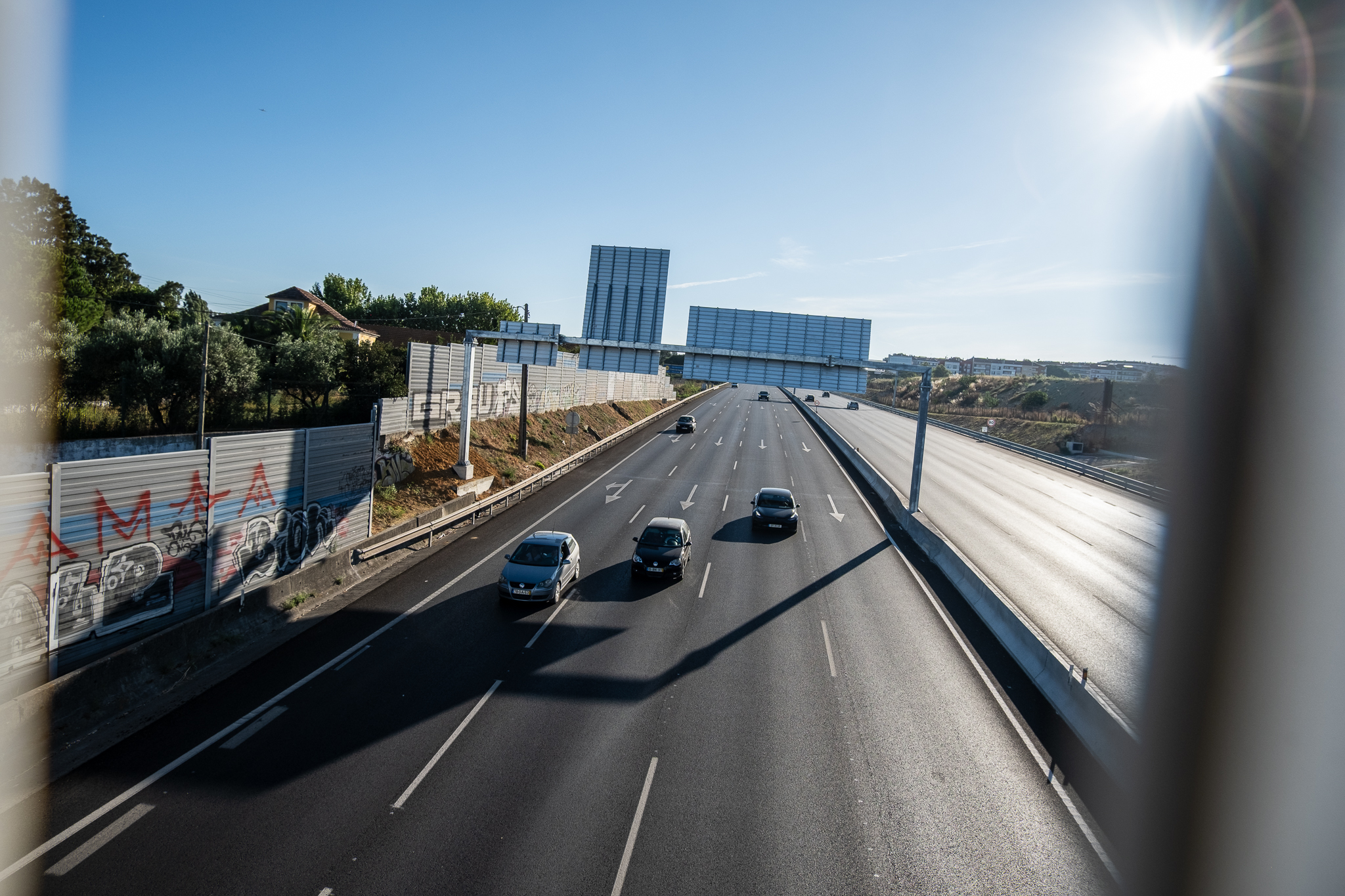Carris Metropolitana carried a cumulative total of 141.5 million passengers in 2023, the first year in which it was operating simultaneously in the 18 municipalities of the metropolitan area. Comparing the first months of 2023 and 2024, there was an increase in demand of around 40%.

In January, Carris Metropolitana carried 13.6 million passengers, which represents an increase in passengers carried of 43% compared to the same month in 2023 (an increase of 4.1 million passengers carried). Also in February 2024 (13.3 million passengers carried) it recorded an increase in passengers of 37% compared to the same period in 2023 (an increase of 3.6 million).
This increase in demand "reflects the stabilization and increase of the Carris Metropolitana service, which is intended to be gradually improved, increasingly attractive, focused on people and their needs, constituting and affirming itself as a real alternative to individual transport." points out Transportes Metropolitanos de Lisboa (TML) in a statement.
2023 was the first year in which Carris Metropolitana was operating simultaneously in the 18 municipalities of the Lisbon metropolitan area (amL)After the expansion to the North Bank was delayed from the summer of 2022 - when Carris Metropolitana began operating only on the South Bank, with various problems - to January last year.
In this first global year, a "gradual human training in the four service providers, with an increase in the number of professionals"This has enabled more than 21,000 daily journeys to be made between amL's more than 12,000 bus stops. "This has resulted in more than 20% of timetables and more than 30% of kilometers compared to the previous service." adds TML.
"During this period, we have developed a process of continuous improvement, simplification of the network, adjustments and reinforcements to timetables and routes, more in line with people's needs, ending 2023 with 141.5 million passengers transported“The same note from TML also explains that, "in 2024, the trend of progressively attracting more passengers continues and Carris Metropolitana has already reached maximum number of passengers carried exceeding 610,000 per working day“.
In all, there are 1,700 buses in Carris Metropolitana's global fleet and today there are more than three thousand workers who guarantee this public transport operation on a daily basis. Of these three thousand workers, around 20% are women: in Area 1 (Amadora, Oeiras and Sintra) where Carris Metropolitana operates, the service is provided by 119 women, in Area 2 (Mafra, Vila Franca de Xira, Odivelas and Loures) by 127 women, in Area 3 (Almada, Seixal and Sesimbra) by 131 and in Area 4 (Alcochete, Moita, Montijo, Palmela and Setúbal) by 63. In TML there are 65 workers.
Today, on Women's Day, we want to thank all the women who contribute daily to the operation of Carris Metropolitana and those who rely on us to get them to their destinations. pic.twitter.com/hAqZJ5sXJ4
- Carris Metropolitana (@CMetropolitana_) March 8, 2024
Carris Metropolitana is an initiative of the 18 amL municipalities which, through TML, merges the road operation of the entire amL into a single image and level of service, "focused on serving the population, with a high degree of technological and operational complexity, in this case above all due to the geographical and population dimension". Carris Metropolitana operates the municipal road networks for 15 of the 18 municipalities (Barreiro, Cascais and Lisbon maintain local operations) and the entire inter-municipal road operation of the 18 metropolitan municipalities.
"By reducing the average age of the fleet in operation, introducing improvements in the environmental performance of vehicles, providing more and better information to the public - which is also standardized and simplified on a metropolitan scale - and increasing the offer of what was practiced before the start of operations, Carris Metropolitana continues to work towards creating mobility options to ensure quality public transport"notes TML.
A good phase in public transport
In general, public transport is going through a positive phase in terms of demand after the pandemic. The preliminary results for 2023 from the National Statistics Institute (INE) show an increase in passenger transport in large cities, not only compared to the previous year, but also to the pre-pandemic (2019). Lisbon and Porto's suburban trains carried 184.0 million passengers last year, 18.7% more than in 2022. On the other hand, in river transport, at a national level (in addition to the Tagus, the data includes the services of the Sado, Aveiro, etc.), there were in 2023 21.5% increase in the number of passengers carried (23.4 million) compared to the previous yearIn 2019, the number of river passengers increased the most (by 44.6%). Compared to 2019, there was an increase of 2.6% in the number of river passengers.
Finally, in relation to the metropolitan systems (in amL, these are the Lisbon Metro and the MTS), INE points to a increase in this way in the last quarter of 2023, although it has not yet reached 2019 levels. At the end of last year, Metro de Lisboa had 44.0 million passengers transported, equivalent to an increase of 11.4% compared to the fourth quarter of 2022, although 12.9% lower than in the fourth quarter of 2019. Also in the last quarter of 2023, the MTS handled around 4.8 million passengers, i.e. 15.3% more than in the same period in 2022 and 9.2% more than in the same period in 2019.
The preliminary annual results for 2023 point to an increase of 20.5% in the total number of passengers transported in the national metropolitan systems (including Metro de Lisboa, Metro do Porto and MTS) compared to the previous year, after an increase of 58.6% in 2022 and a reduction of 2.4% in 2021. Compared to 2019, passenger transport by metro decreased by 2.7% in 2023. The INE indicates that Last year Metro de Lisboa carried a total of 165.8 million passengers and MTS 17.9 million passengers..







